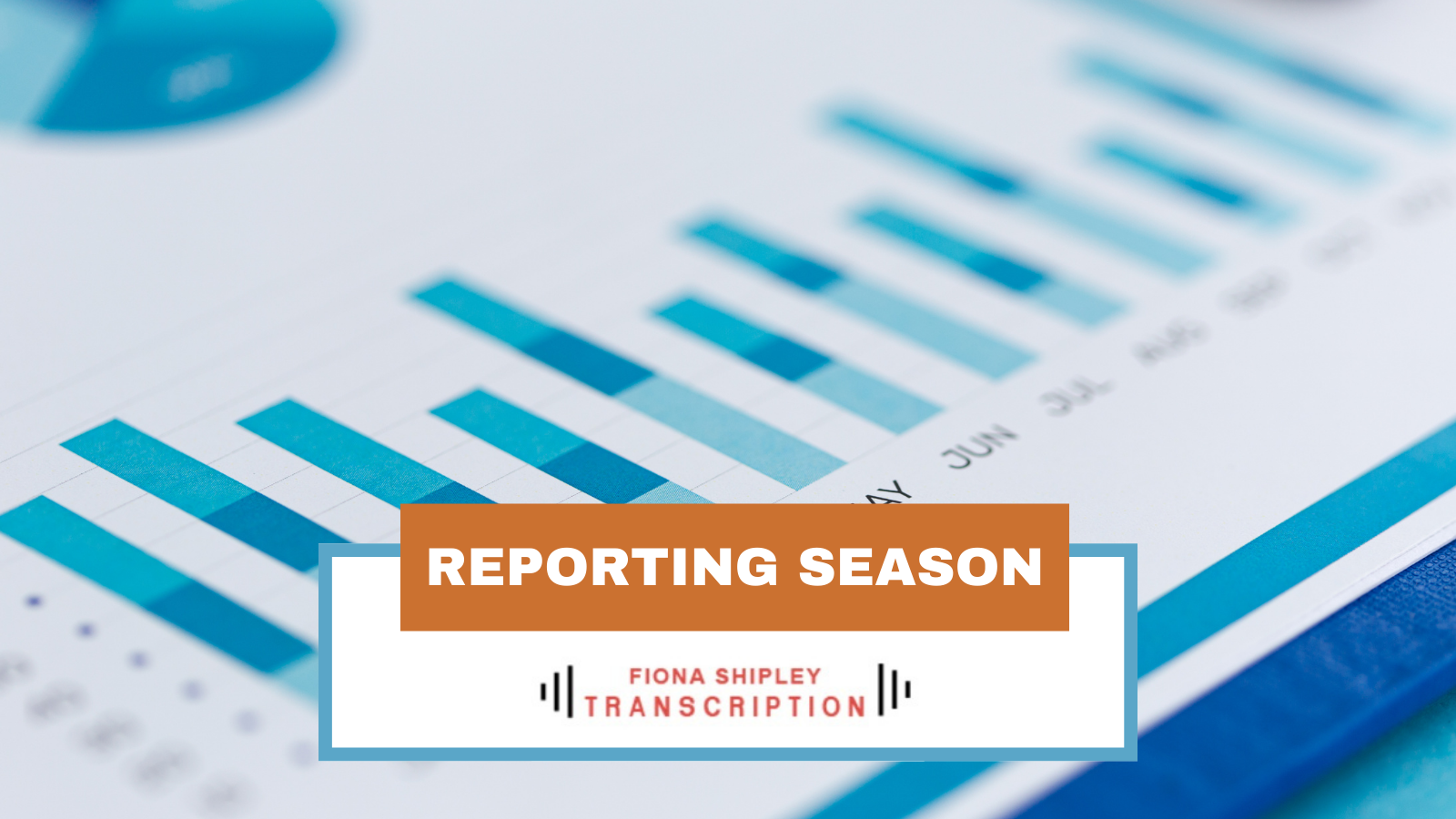Understandably the last year has been a whirlwind in terms of having to change the way “business as usual” is conducted, and AGMs and other meetings associated with reporting season were no different. The pandemic caused a number of delays at the start of 2021 but the situation has thankfully improved vastly, at least for the time being! For those organisations who are required to hold AGMs and who operate with a December year end, the situation returning to something akin to normality means it’s time to think ahead to reporting season for 2022 – especially if your organisation has a legal requirement to hold an AGM.
What is an AGM?
An AGM is an annual gathering of a company’s interested shareholders. Shareholders with voting rights will determine a number of key components of business for the forthcoming year within the meeting, voting on important issues such as appointments to the company’s board of directors, executive compensation, dividend payments, and the selection of auditors.
Who needs to hold an AGM?
Private limited companies are not legally required to hold an AGM unless they are traded, but they are a statutory requirement for public companies.
For public companies, annual general meeting guidelines state that the first one must be held within 6 months from the day following its accounting reference date.
For private companies which are traded companies, an annual general meeting must be held within 9 months from the day following its accounting reference date.
When is reporting season?
Most businesses run to a December or June year end. January to March is the busiest time of the year for listed companies’ finance departments and external auditors with 46% of the groups in the FTSE All-Share index report their calendar-year results in March and April.
Looking ahead to 2022
During the pandemic the government relaxed a number of regulations around AGMs to accommodate the restrictions we all found ourselves under. These included:
- the allowance of virtual meetings and voting
- being able to host closed meetings
- the extension of deadlines for reporting and governance
Many of these changes have now been reversed so it’s important to begin planning for the event now so that all the requirements are in place well in advance.
These requirements include:
- at least 14 days’ written notice of the AGM date is required to be given to the stockholders (this increases to 21 for PLCs)
- the notice must include the date, time and venue of the meeting, an agenda, the minutes from the last AGM and a list of the current committee members and their roles
Being one step ahead for reporting season is a wise move. We strongly recommend you keep a record of proceedings from your AGM, and Fiona Shipley has vast experience in producing AGM transcripts for a number of our clients, most of whom return to us year after year because of the quality of our work.
With AGMs being a key event of the corporate calendar, we believe having a transcript of the event forms an integral part of the event. Get in touch at alex@fionashipley.com and book us for your next AGM!

